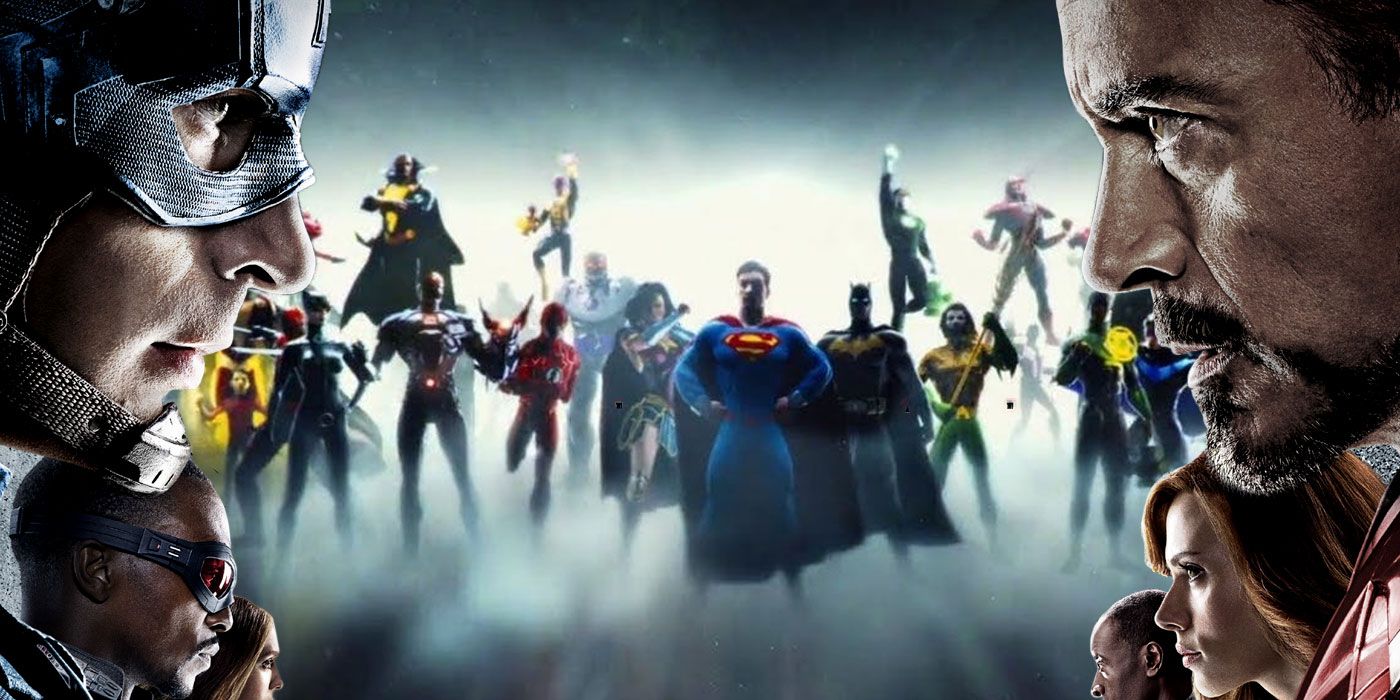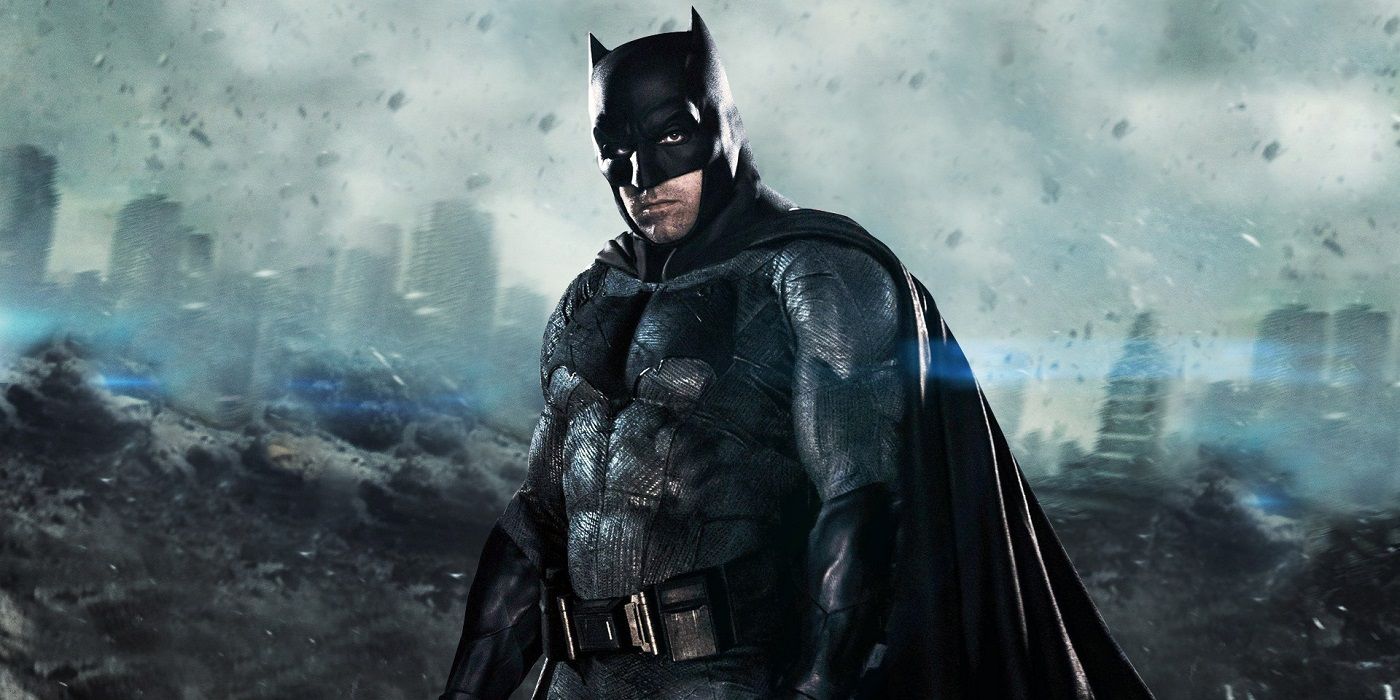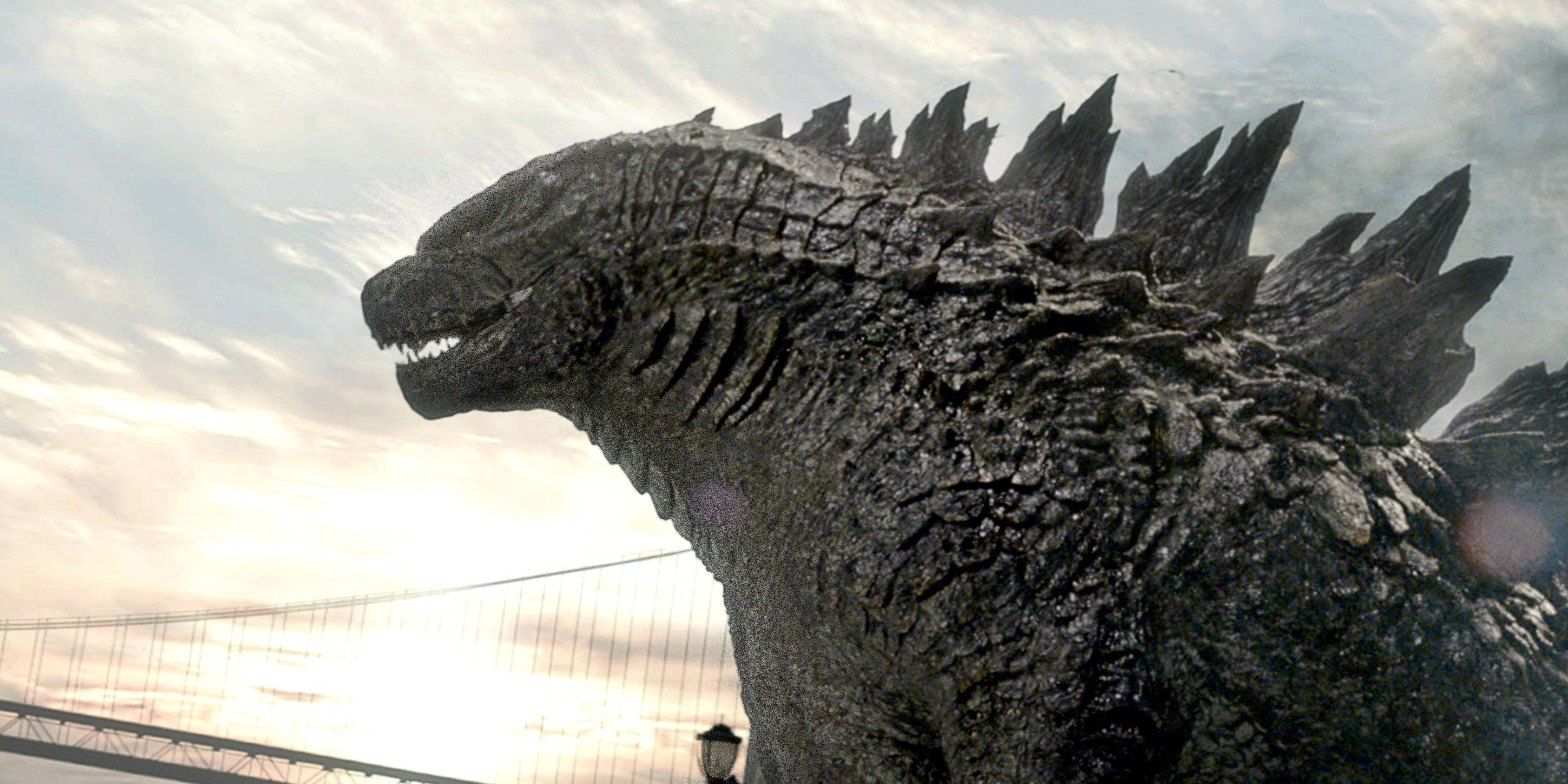In 11 years, the Marvel Cinematic Universe (MCU) has done something no one had ever attempted, creating a shared universe for its various properties to co-exist in. The movies turned out to be both financial and critical successes, achieving the two things every studio dreams of. These triumphs solidified the MCU as the gold standard and envy of Hollywood, and now Marvel Studios practically prints money with each new release.
As expected, many studios attempted to replicate the formula; after all, if Marvel Studios could do it, why couldn't they? Warner Bros. launched the DC Extended Universe, Universal announced a whole slate of movies for its monster-populated Dark Universe, and even Paramount got in on the action by building a Transformers writers' room designed to develop and produce more interconnected films.
RELATED: Aquaman Confirms the Death of the DCEU As We Know It
Unlike the MCU, though, none of these universes have become runaway hits. While it's unfair to say they were complete financial flops (most of them actually turned a profit), they never quite hit the same heights as Marvel Studios' films. In fact, the most common criticism leveled at them was how they lagged in comparison to the MCU.
Inarguably, the MCU emulator most talked about and debated was the DC Extended Universe. After five years of trying to imitate the MCU's success and numerous course corrections, Warner Bros. realized it's better off doing its own thing. The result of the new approach is James Wan's Aquaman, which recently joined the billion-dollar club and become the highest-grossing DC film of all time, feats that the average person would've expected from the likes of Batman V Superman: Dawn of Justice or Justice League.
RELATED: Does the DCEU Even Need a Superman?
"We all feel like we've turned a corner now. We're playing by the DC playbook, which is very different than the Marvel playbook," Warner Bros. Chairman Toby Emmerich said of the studio's new approach. "We are far less focused on a shared universe. We take it one movie at a time. Each movie is its own equation and own creative entity. If you had to say one thing about us, it's that it always has to be about the directors."
Of course, this doesn't mean that there won't be any connections or team-ups in future DC films. It's just that Warner Bros. has decided to focus on making the best movie possible, one character at a time, rather than utilize each movie to set up the next slate of films. In other words, Warner Bros. wised up to the fact that intricately linked cinematic universes aren't always the best solution.
NEXT PAGE: The DCEU Learned Its Lesson - Will Sony's Spider-Verse, Hasbro's Transformers or Legendary's MonsterVerse?
Despite Warner Bros.' remarkable U-turn, it doesn't seem like other studios are following suit... yet. Sony, for example, is adamant on moving forward with Sony's Universe of Marvel Characters, especially after the financial success of Venom. Still, it seems odd to be creating a universe with Spider-Man characters where the Web-Crawler isn't a part of it. The true test of this universe's fortitude, though, will be Morbius, starring Jared Leto. If an ancillary character like the Living Vampire is able to pull in a good financial haul, it'll give even more credence to what Sony is building.
A bizarre universe that's also in the pipeline is Hasbro's "toy verse", which is meant to contain the G.I. Joe, Micronauts, Visionaries, M.A.S.K., and Rom properties. While it sounds like every '80s kid's dream, it's probably about 30 years too late. Also, is a potential crossover between G.I. Joe and M.A.S.K. at the top of your bucket list? Not even The Rock could save G.I. Joe: Retaliation from mediocrity, so what makes Hasbro think this is a good idea?
RELATED: Worlds of DC Is the Perfect Name For Warner Bros.' Superhero Universe
Surprisingly, the non-MCU universe that's succeeded both at the box office and with critics is Legendary's MonsterVerse. Godzilla debuted in 2014 to a box-office total of $529.1 million from $160 million budget, while 2017's Kong: Skull Island fetched $566.7 million from $185 million. If the upcoming Godzilla: King of the Monsters does business as well, it'll be three in a row for Legendary -- an undeniably impressive feat. Even so, these numbers are still far cries from the money the MCU has raked in from its team-up tentpoles.
While Hollywood spends millions on audience research and investing in big-name franchises, the reality is, people just want good movies. Yes, shared universes are all nice and dandy, but not at the expense of quality entertainment. Give us something that leaves us satisfied when the credits roll, not another cliffhanger for next summer's release.
The end of cinematic universes began in 2017. Gone are the days when fans would flock to the theaters based only on the name of a popular franchise. Solo: A Star Wars Story taught us that no franchise is invincible, that the audience is becoming more discerning about what to watch at the cinema. It doesn't mean the films are going unwatched, but fans don't mind waiting until they land on DVD/Blu-ray or streaming services. Basically, the event of seeing everything at the cinema is fading.
RELATED: The Dark Knight Was the Best, and the Worst, Thing to Happen to DC Movies
The quality of the films aside, there are also other economic factors at play. Let's face it -- it's far easier and cheaper to stay at home and watch something on Netflix than it is to go to the theater, where you're dealing with rising prices and the occasional rude moviegoer. If you're stepping out of your home to deal with all of that, it better be worth your time. And with so many franchise movies being released every calendar year, it's become an expensive and seemingly impossible exercise to watch everything on the big screen.
Where the MCU succeeds is that it gives you a sense of FOMO (fear of missing out). Everyone is talking about them, and you want to take part in the conversation on Monday mornings around the water cooler. They've become must-sees, something you can't say other universes are achieving. Maybe it's about time studios start competing on a filmmaking level and forget the novelty of shared universe. After all, Aquaman is proof of how it's possible to achieve success without the "it's all connected" mantra.




